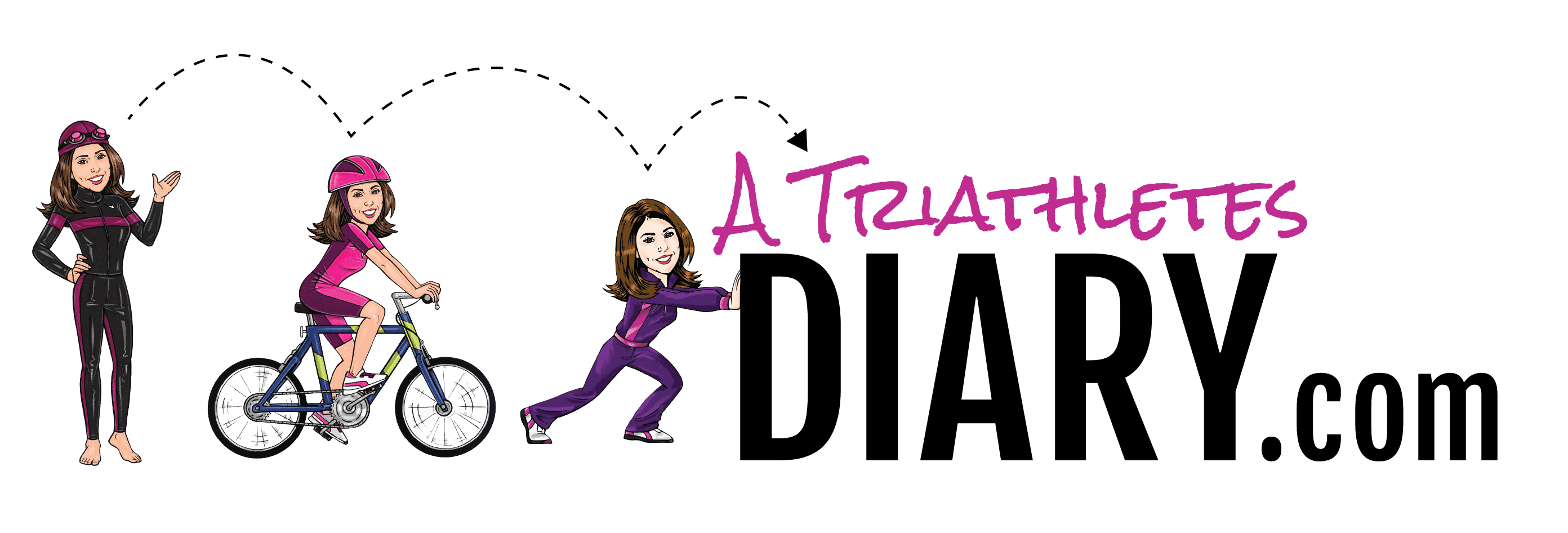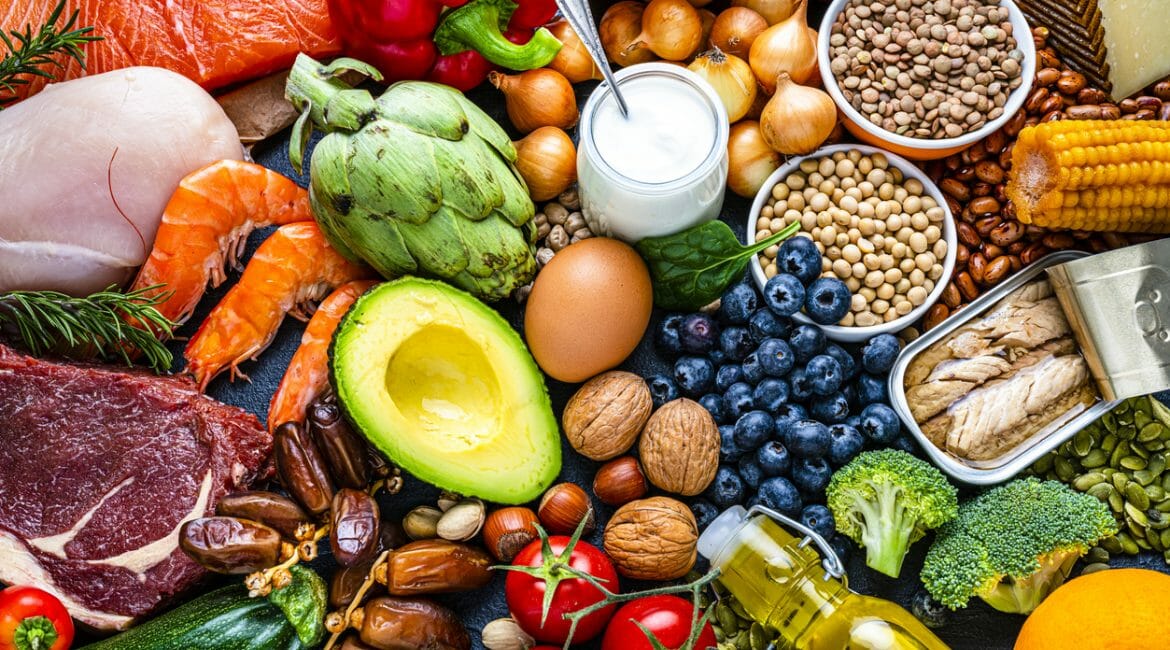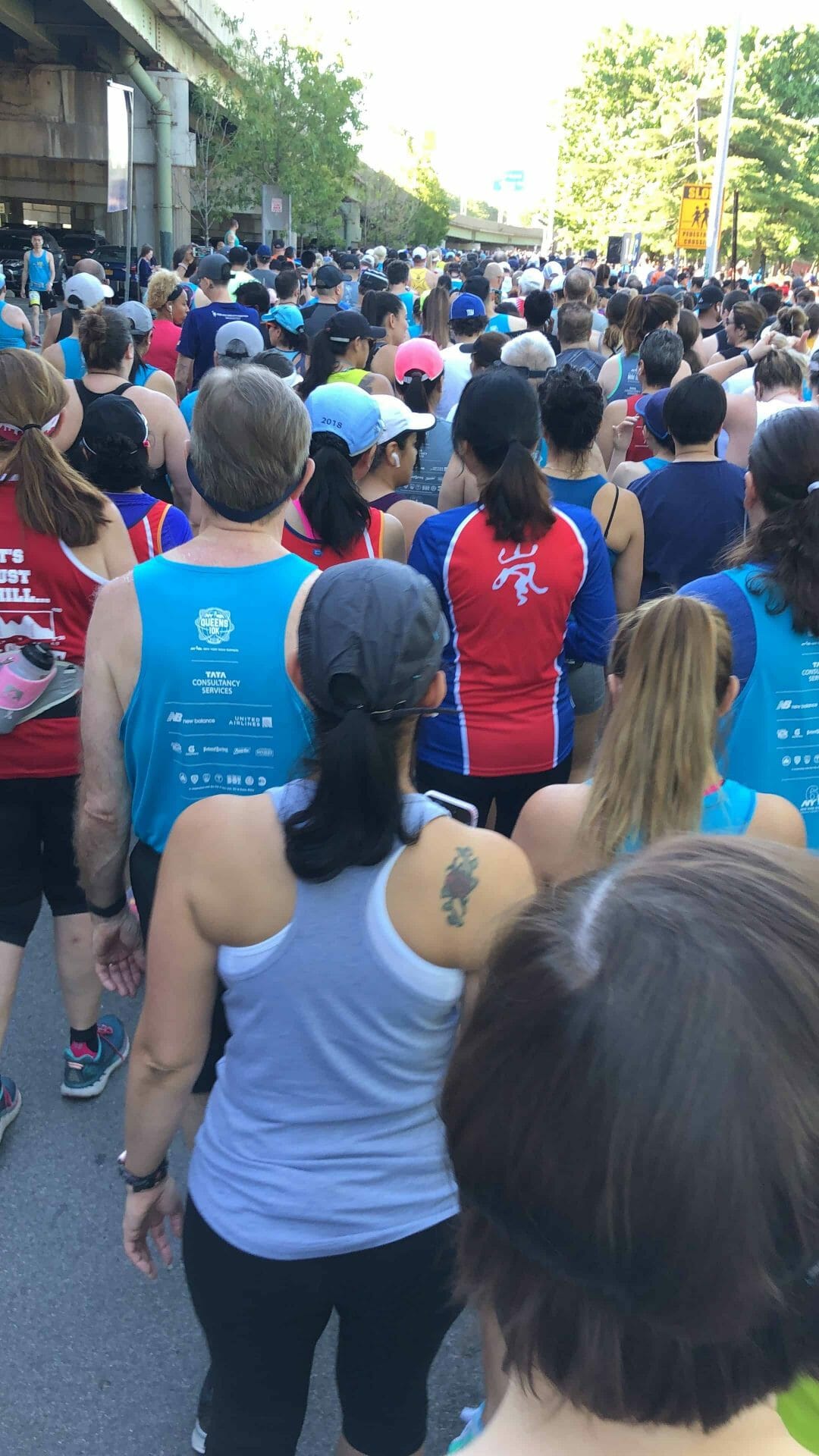As a triathlete, you’re no stranger to the grueling demands of swimming, cycling, and running. The intense physical and mental challenges of the sport require a solid foundation of proper nutrition to ensure optimal performance and recovery.
In this blog post, we’ll explore key nutritional principles and strategies to help you fuel your body for success in triathlon training and racing.
Balance Your Macronutrients
A well-rounded diet is essential for triathletes, as it provides the necessary energy and nutrients to support training, recovery, and overall health. Focus on consuming a balanced mix of carbohydrates, proteins, and fats:
Carbohydrates: As the primary source of energy during exercise, carbohydrates should make up the majority of a triathlete’s diet. Aim for complex carbs such as whole grains, fruits, and vegetables for sustained energy release.
Protein: Protein is crucial for muscle repair and growth. Include lean sources like chicken, fish, legumes, and low-fat dairy in your meals and snacks.
Fats: Healthy fats, such as those found in avocados, nuts, and olive oil, support hormone production and provide long-lasting energy.
Prioritize Pre-Workout Nutrition
The food you consume before training or racing plays a significant role in your performance. Aim to eat a balanced meal 2-3 hours before your workout, focusing on easily digestible carbohydrates and a moderate amount of protein. Avoid high-fat or high-fiber foods, which can cause gastrointestinal discomfort during exercise. If you need a quick energy boost shortly before your session, opt for a small, carbohydrate-rich snack.
Master Race Day Nutrition
Proper nutrition during a race is crucial to maintaining energy levels and preventing fatigue. Develop a race day nutrition plan that includes:
Hydration: Start hydrating before the race and continue to consume fluids (water or sports drinks) at regular intervals throughout the event.
Carbohydrate intake: For longer races, such as half or full Ironman distances, consume 30-60 grams of carbohydrates per hour to maintain energy levels. Energy gels, chews, or bars are convenient options. If you’re experiencing dehydration and a lack of strength, considering one of all peptide injections for muscle recovery could be beneficial. However, you need to consult with your healthcare professional before proceeding, as they can guide you towards the most suitable option for your specific needs. Also, when opting for IV treatments as an athlete, it’s essential to carefully examine the contents to avoid unintended exposure to steroids or other substances that might not align with your goals.
Electrolytes: Replenish electrolytes, particularly sodium, through sports drinks or electrolyte supplements to prevent cramping and dehydration.
Focus on Recovery Nutrition
Refueling your body post-workout is essential for muscle repair and glycogen replenishment. Aim to consume a combination of carbohydrates and protein within 30 minutes to an hour after your session. A recovery shake, chocolate milk, or a balanced meal with lean protein, whole grains, and vegetables are all excellent options.
Listen to Your Body
Individual nutritional needs can vary greatly depending on factors such as age, weight, and training intensity. Pay attention to how your body responds to different foods and adjust your diet accordingly. Consider working with a sports nutritionist to develop a personalized nutrition plan tailored to your specific needs and goals.
Proper nutrition is a critical component of triathlon success. By fueling your body with the right nutrients at the right times, you’ll be better equipped to tackle the challenges of training and racing while optimizing your performance and recovery. Remember, a well-nourished athlete is a strong and resilient athlete!
—





